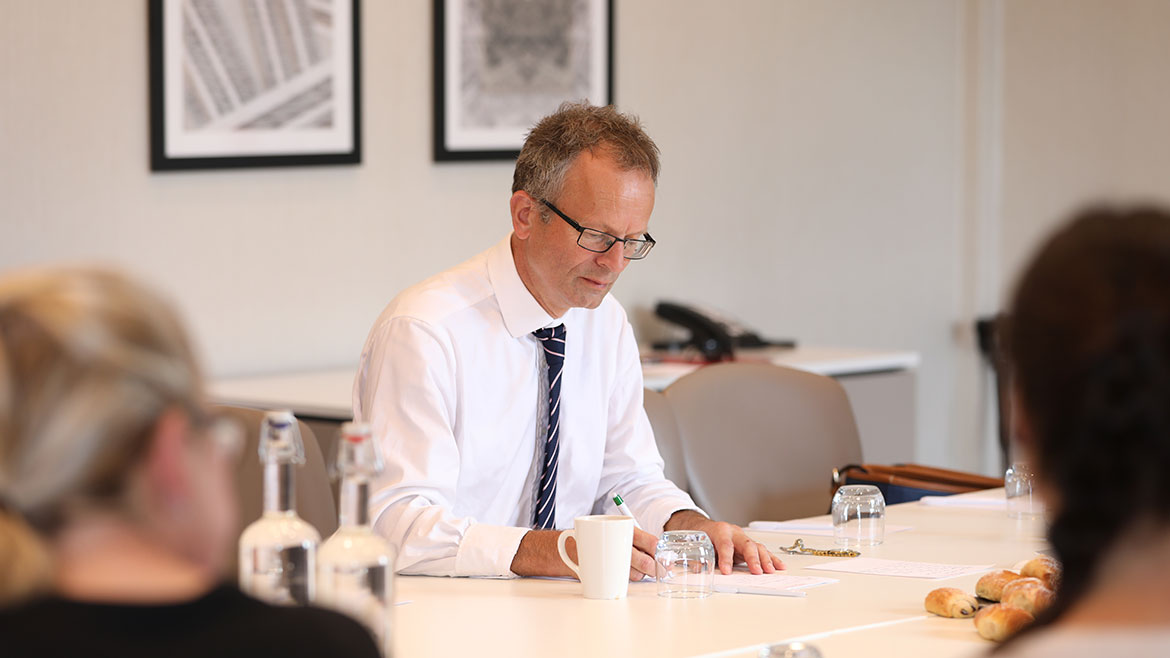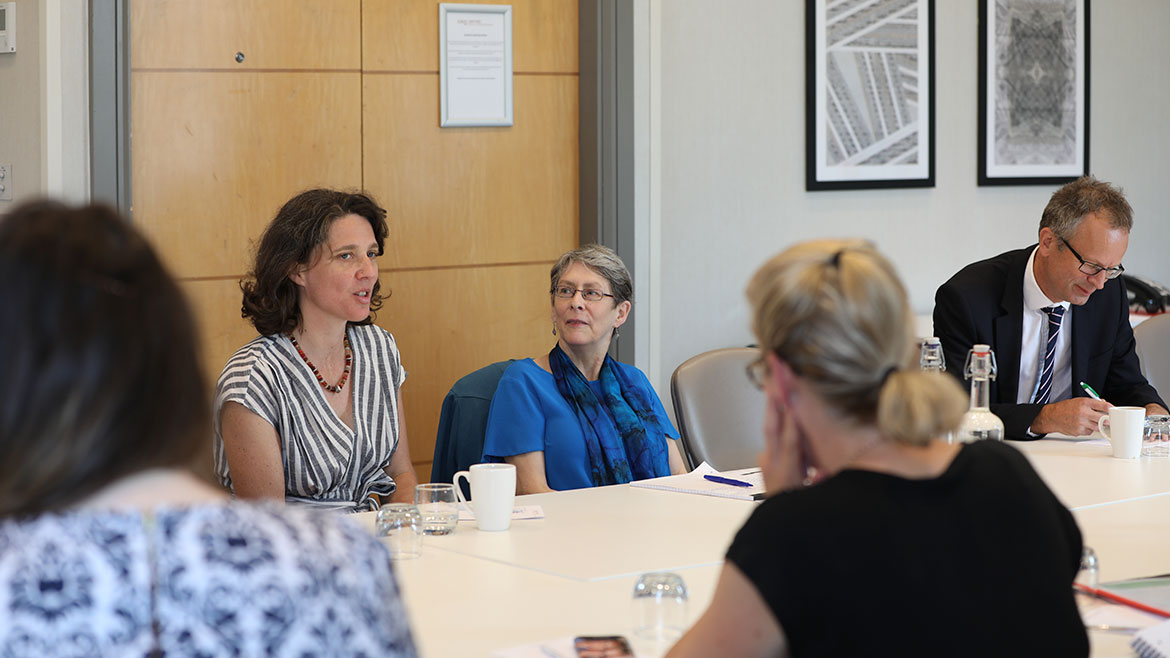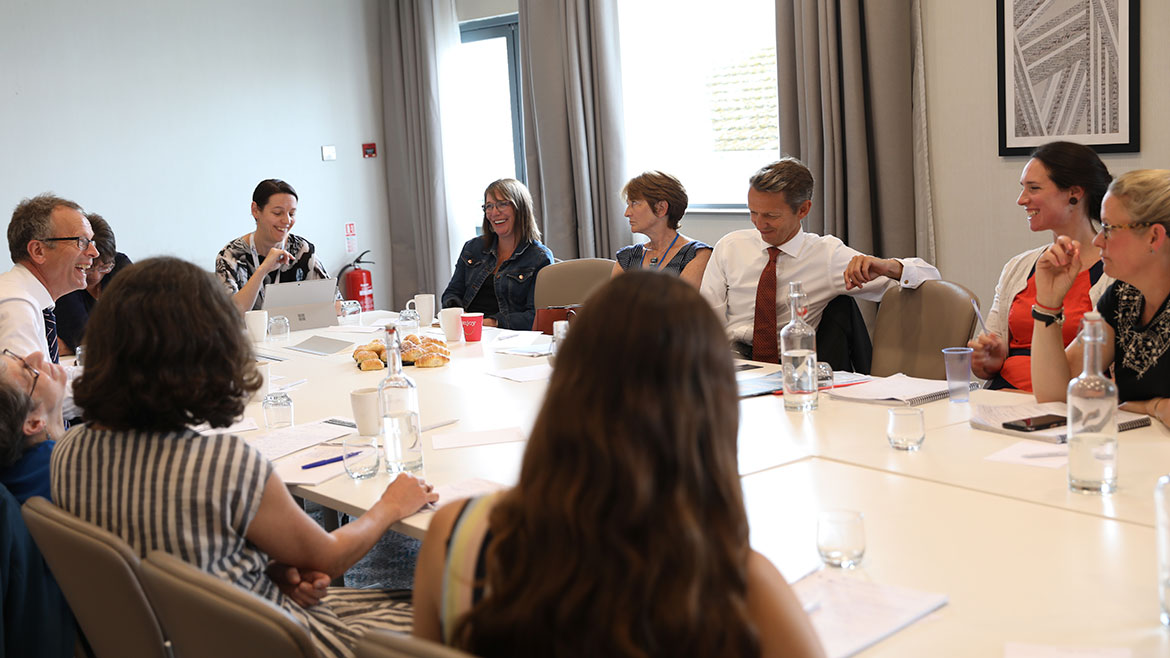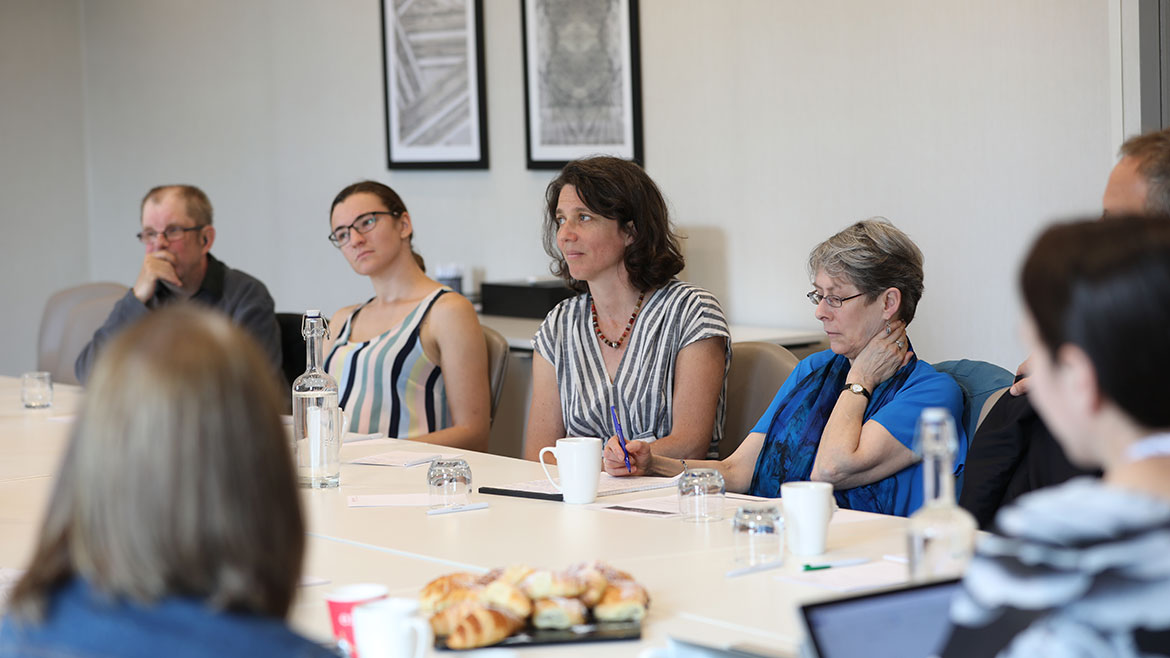My latest Community Forum took me to what is often thought of as one of Britain’s most affluent counties, Oxfordshire. World-renowned as a university city, Oxford’s economy is driven largely by educational, science and research establishments. Tourism is another key part of this economy, with sites like Blenheim Palace helping the area attract more than 9 million visitors every year. Indeed, as I referenced in a recent speech, the city of Oxford’s GDP per capita is well above average and one of the highest in the UK.
Of course, whilst the headline statistics tell you one story, they often don’t reveal the full picture. As I highlighted in my speech, often the differences in wealth (and, indeed, in health and happiness) within regions are as big, if not bigger, than the differences between regions. A key purpose of our Community Forum programme is to delve a little deeper into economies by talking to the people who live in communities, especially those who often don’t get the chance to share their stories with institutions such as the Bank of England.
Those stories often reveal a much more complex picture. One stat which hints at that, for example, is that 10 neighbourhood areas in Oxfordshire are among the 20% most deprived areas in England. I was keen to find out more.
To better understand some of the causes of poverty, I met with representatives from various advice charities in Oxfordshire. A number of key themes emerged during our discussion.
The first of these was homelessness. There has been an increase in the number of rough sleepers in recent years, in common with many other cities across the UK. According to a report by Oxford City Council, this is due to factors including welfare reform, insecure and expensive private renting, and widespread cuts to mental health and social care services due to austerity.
I heard how rising housing costs, partly fuelled by affluent people moving into the area from London, and high rental prices mean that charities can no longer afford to buy/rent properties to serve as hostels and social housing solutions. Currently a number of charities can only offer a temporary solution and have no permanent place to settle those they initially help.
A theme raised by the debt advice charities was how the nature of their clients’ problems has changed. For example, hate crime and mate crime (supposed friends taking financial advantage of those they are close to) has increased, targeting the most vulnerable people. A number of the organisations I met are now focused on combatting and preventing financial abuse.
We then talked about people’s experiences of changes in the cost of living. I heard about an increased reliance on credit cards for everyday essentials rather than simply for higher-value, luxury purchases. Inevitably this comes at a cost, especially for those on lower incomes who often have a limited choice of lenders and higher interest rates. And, as I hear often on my travels around the UK, I was told that there has been an increase in the number of people in work who are being forced to rely on food banks.
These are tough times for those who work in the third sector. Funding cuts means many advice centres are closing and organisations are constantly having to reinvent themselves. As some of the funding offered is contract-based with charities competing against each other, this is impacting collaboration across the sector.
The last theme that emerged from our discussion relates to the fact that Oxfordshire is predominantly a rural county. There is a lack of affordable transport and rural employers, notably in farming, are often dependent on casual labour. The distance between communities can contribute to feelings of isolation and loneliness, with implications for mental health.
I would like to thank Age UK Oxfordshire (Rachel Boland) and the Oxfordshire Community Foundation (Annette Ahern) for inviting all the charities to the discussion. I would also like to thank the Bank’s West Midlands Agency (Graeme Chaplin and Glynn Jones) for hosting me.














